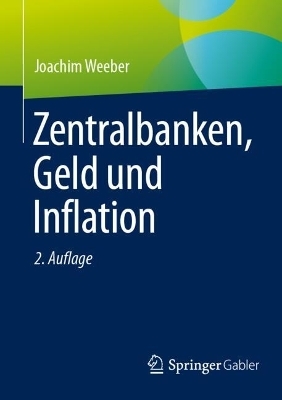
Japan Post Bank
Springer Verlag, Singapore
978-981-15-1407-4 (ISBN)
While shedding light on the true nature of these problems, this work looks into the best ways regional financial institutions can be operated for the sake of regional economic revitalization. The process would involve integrating the three privatized public financial institutions (i.e., the Japan Post Bank, the Shoko Chukin Bank, and the Development Bank of Japan) and splitting their operations into different businesses and regional companies as well as reorganizing more than 100 regional banks.
The author analyzes total assets and ROA of different types of financial institutions (public and private financial services) in Japan to obtain an overall view. Then, using ROA as an assessment indicator, he looks into ways to optimize their portfolios to make the most of individual financial assets, especially deposits, from a welfare economics point of view and formulates a theory for optimization. Financial institutions can optimize their ROA by using individual deposits and savings for total optimization to maximize their return on investment. If the share of total assets by type of financial institution is optimized through mergers or vertical integration between different types of financial institutions, and if ROA is optimized overall as a result, the structure of financial institutions by type in Japan can be optimized.
Akira Uno holds a Bachelor of Economics from Kyoto University. After serving as a director of Sumitomo Bank, executive vice president of Sumitomo Mitsui Card Company, and chairman of SMBC Consulting, in 2006 he was appointed senior executive of Japan Post Holdings where he worked on postal privatization. After retiring as a managing executive officer at the Japan Post Bank, he started teaching “Introduction to Public and Private Financial Services” as an adjunct professor in Kyoto University’s Faculty of Economics in 2010. In 2011, he was named a research fellow at the Graduate School of Economics, Kyoto University.
1 Paving the Way to the Privatization of Public Financial Services.- 2 Privatization of Public Financial Services and Financial Reforms.- 3 Progress after the Privatization of Public Financial Services and Trends by Type of Financial Institution: Listing of Japan Post Bank and Reorganization of Regional Banks.- 4 Theory and Empirical Analysis for the Restructuring of the Three Privatized Public Financial Institutions and Regional Banks.- 5 Institutional Designs for the Reorganization of the Three Privatized Banks and Regional Banks.- Afterword.
| Erscheinungsdatum | 30.07.2020 |
|---|---|
| Zusatzinfo | 54 Illustrations, color; 4 Illustrations, black and white; XVIII, 315 p. 58 illus., 54 illus. in color. |
| Verlagsort | Singapore |
| Sprache | englisch |
| Maße | 155 x 235 mm |
| Themenwelt | Sozialwissenschaften ► Politik / Verwaltung ► Staat / Verwaltung |
| Wirtschaft ► Betriebswirtschaft / Management ► Finanzierung | |
| Wirtschaft ► Volkswirtschaftslehre ► Finanzwissenschaft | |
| Wirtschaft ► Volkswirtschaftslehre ► Mikroökonomie | |
| Wirtschaft ► Volkswirtschaftslehre ► Wirtschaftspolitik | |
| ISBN-10 | 981-15-1407-0 / 9811514070 |
| ISBN-13 | 978-981-15-1407-4 / 9789811514074 |
| Zustand | Neuware |
| Haben Sie eine Frage zum Produkt? |
aus dem Bereich


